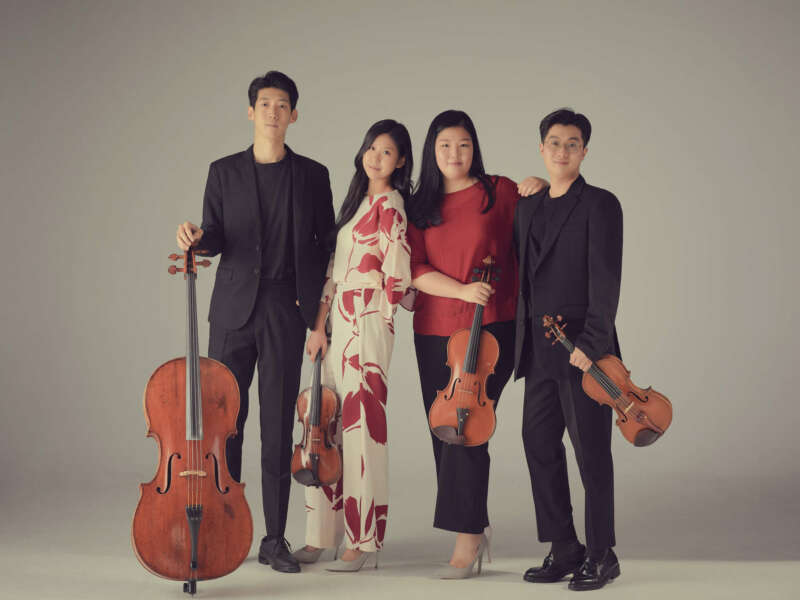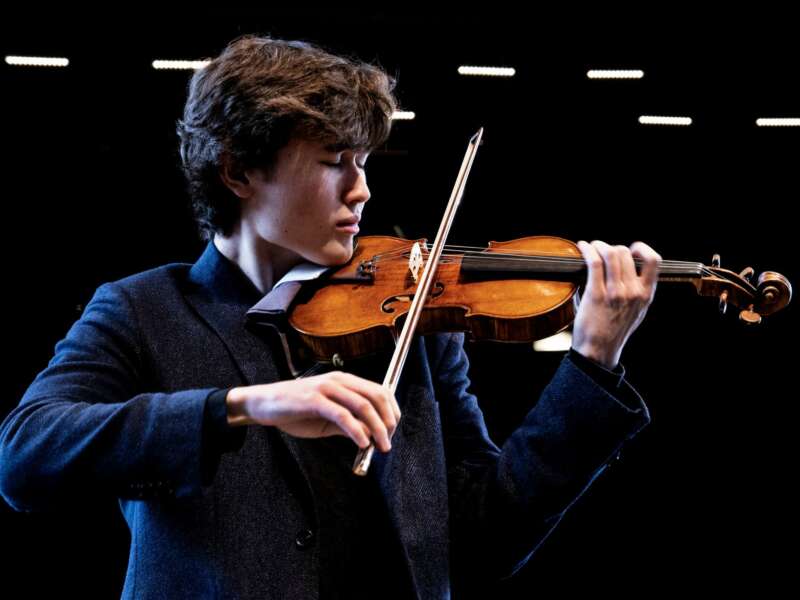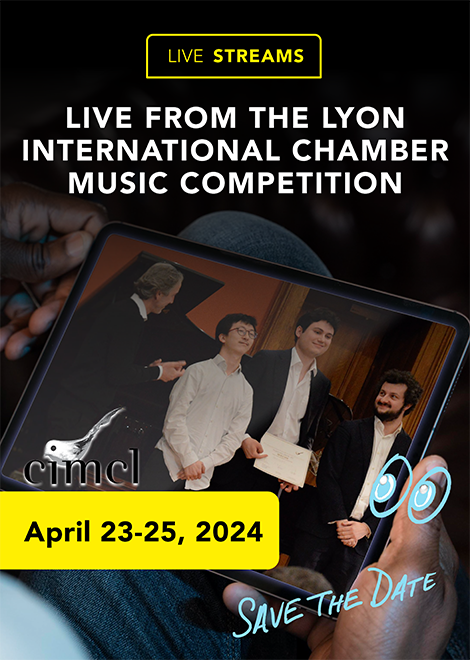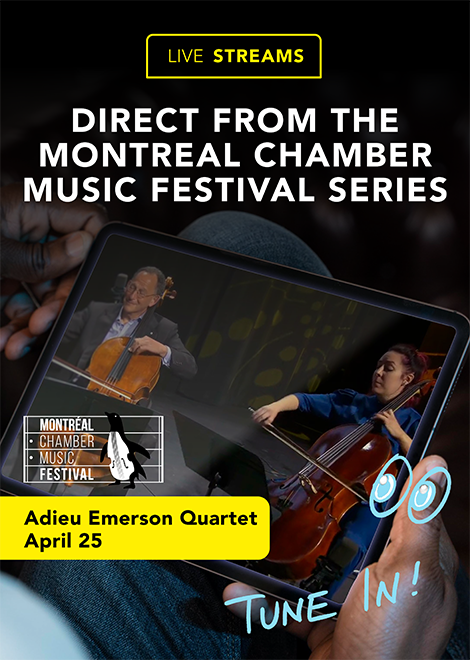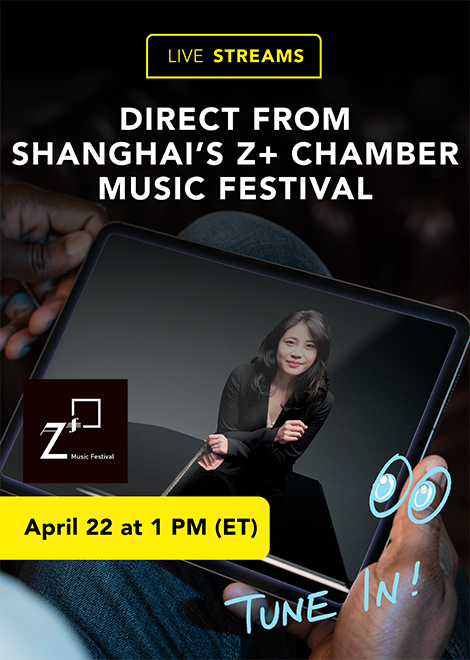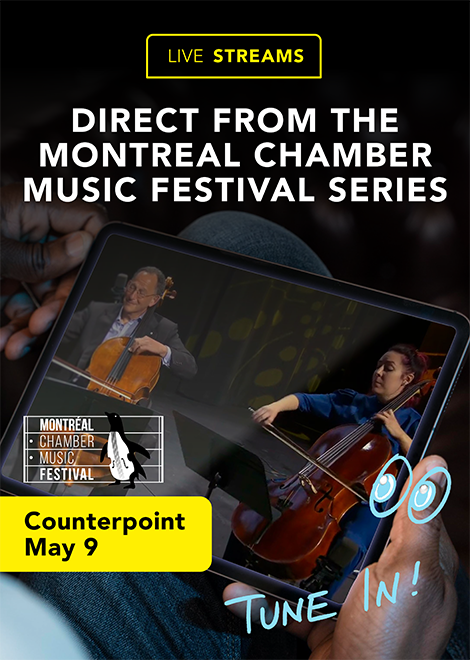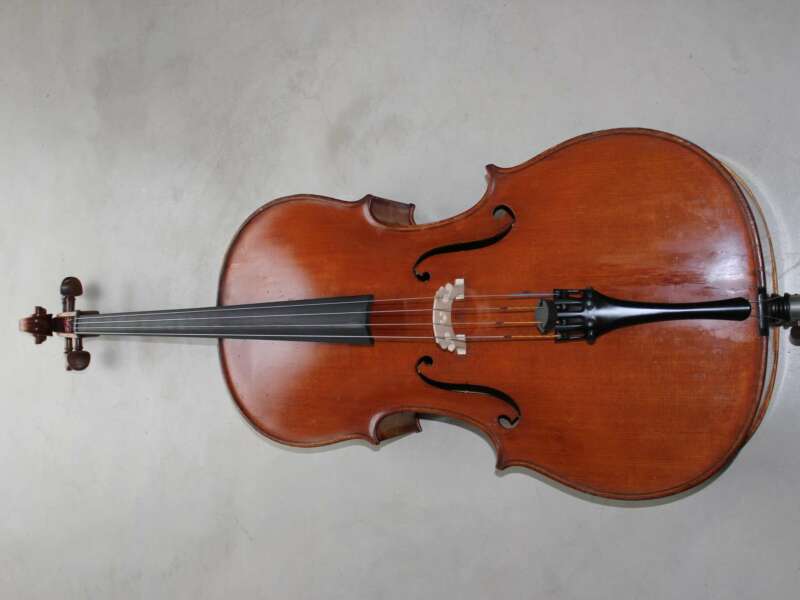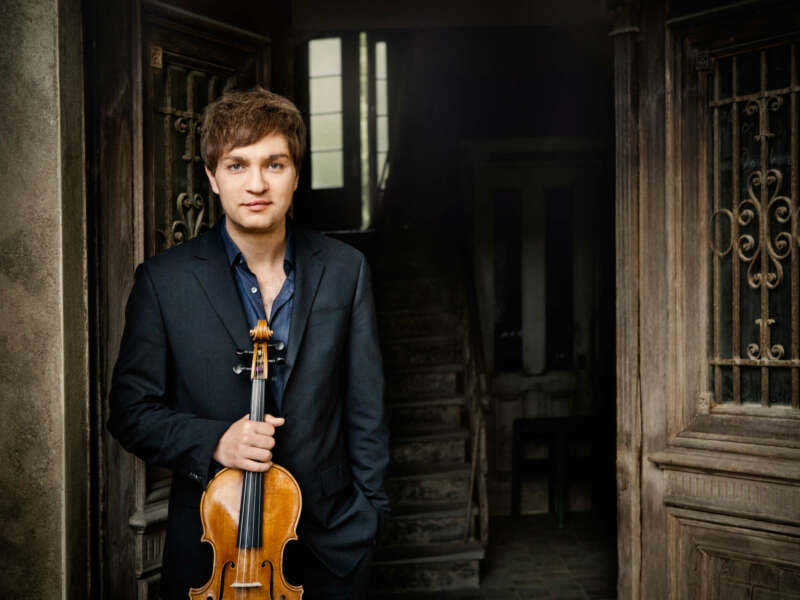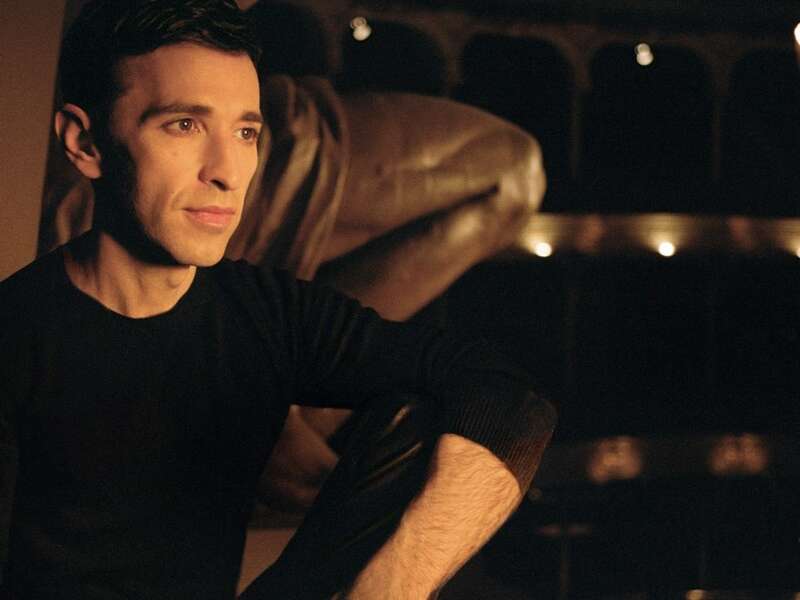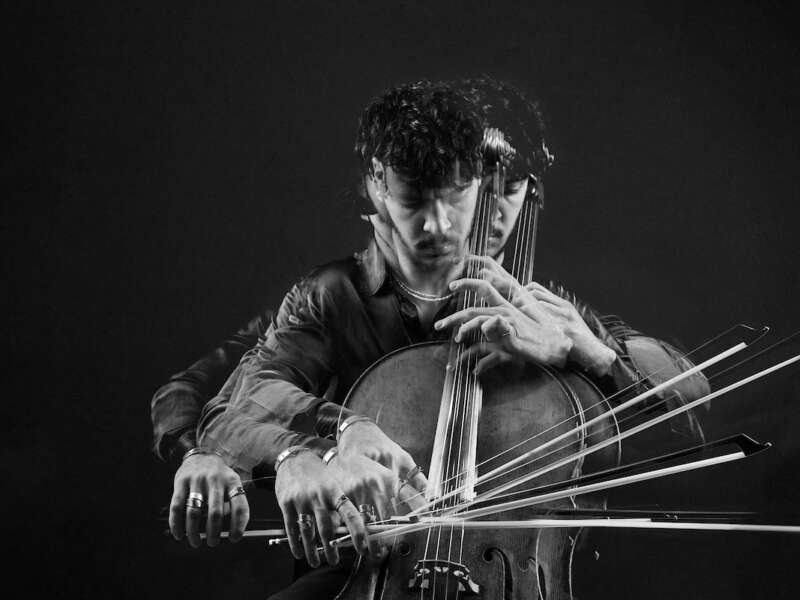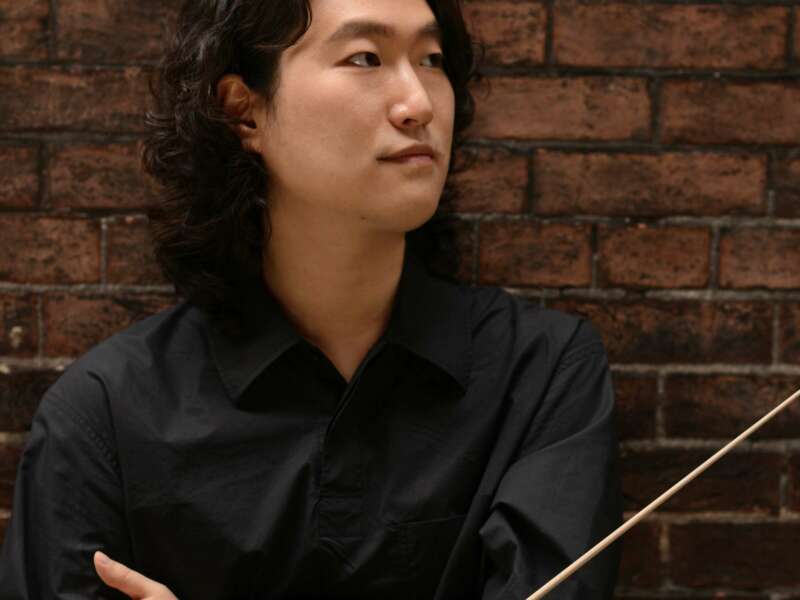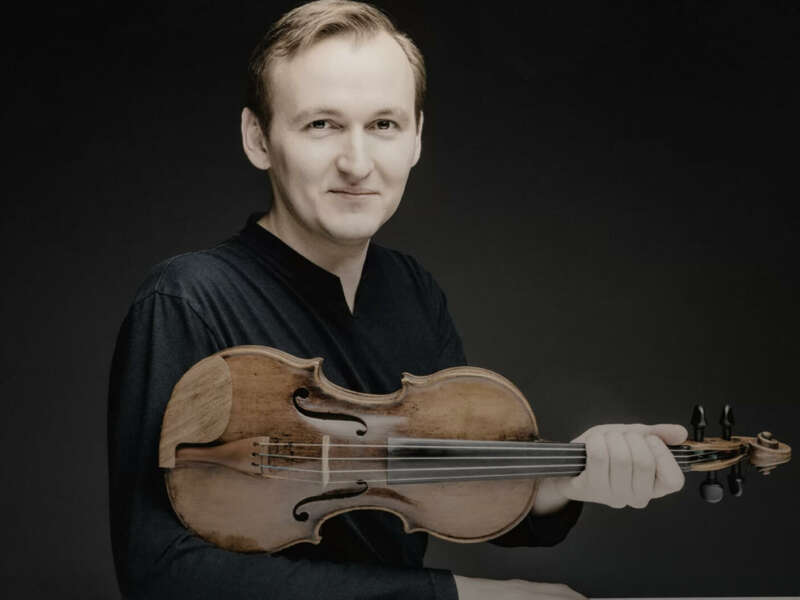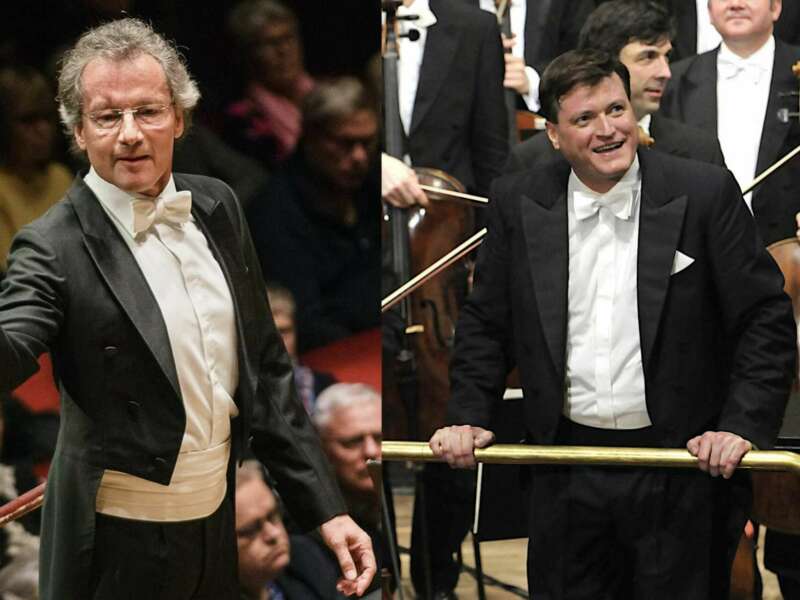VC INTERVIEW | Barbash JS Bach Competition Jury Member, Robert Mealy
Applications are now open to the competition, to be held at New York's Stony Brook University on December 1, 2022
Baroque violinist Robert Mealy is Director of Juilliard’s distinguished Historical Performance Program, Orchestral Director of the Boston Early Music Festival, and co-director of the seventeenth-century ensemble Quicksilver.
Previously, he directed the postgraduate Yale Baroque Ensemble and the Yale Collegium Musicum in addition to teaching at Harvard for over a decade, where he founded Harvard Baroque.
The Violin Channel had the privilege to chat with Mealy about his upcoming role as a jury member of the Lillian and Maurice Barbash J.S. Bach String Competition.
Open to international string players 16 to 30 years of age, the competition is focused entirely on the unaccompanied string Partitas, Sonatas, and Suites of J.S. Bach. Applications are open now.
How is this competition unique? Given that your schedule as a performer/teacher/administrator is already extremely busy: what attracted you to serve on the jury for this competition?
A competition devoted to Bach is so special: his works are endlessly absorbing, and all of us learn something new each time we return to them. Of course, it's a lot of work to listen to all the entrants with open ears, but each of them has something to say, and you often find surprising illuminations into a piece you thought you knew thoroughly.
Not all your fellow jurors specialize in Historial Performance. How does the jury then reach a consensus given the different specialties and aesthetic approaches?
I think we’re all looking for someone who has something compelling and persuasive to say with this music. You can say it in very different kinds of ways, but the vividness and clarity of the musical communication is the most important thing.
Being a jury member in a Bach competition, how imperative is it that competitors perform in a historically informed way?
Well, I think everyone is playing in some kind of historically informed way already — we're all working in some kind of tradition. As a baroque violinist and teacher, I hope every string player will explore what 18th-century ideas about performance can teach them, but that's just one world that Bach inhabits today.
You can think about Bach in terms of what people were doing when he wrote these pieces, and what his own sound world was like in Cöthen or Leipzig in the 1720s and 30s. You can also think about how Bach was heard in the nineteenth century, as David and Joachim brought these works to the concert stage for the first time. (Less vibrato than you might think, and a lot more rubato and portato than we might find acceptable today!) You can also think about the great passionate Russian tradition of the early 1900s, a hundred years ago by now, which informed Galamian's edition of the Sonatas and Partitas: all these are different kinds of historical performance.
Having said that, I feel strongly that if you learn about how music was played in Bach's time, you'll understand a lot of what's not written in the music, the stuff that he assumed everyone already knew. It helps you discover how to make dance movements dance, and how to make the musical phrases in an adagio or a fugue sound like parts of a sentence, with questions and answers, comments, and parentheses.
I myself find that interpretations which show some sense of 18th-century aesthetics — of grace, conversational rhetoric, the power of musical gestures to convey emotion — are more persuasive than those which treat this music as an undifferentiated stream of melody. For me, God is in the details with Bach, and it seems a pity when people miss the opportunity to enjoy those details.
But, as I always say, the point of performance in any tradition isn't about truth, it's about persuasion. I've certainly been completely persuaded by players with a much more Romantic approach to these pieces who were fully committed to their interpretation.
As it's your second time on the jury of the Bach competition, what are you most looking forward to?
This is my second time on the jury. I love the collegiality of the jurors, and the opportunity to hear so many extraordinarily talented players.
There are so many ways to perform Bach. What are the core, bare-bone, aspects that you would like to hear in any performance?
I think clarity of phrasing is really helpful, to reveal the celestial machinery of his fugues and the eloquence of his dances as clearly as possible.
How different is it to perform baroque music on modern vs period instruments? Can you replicate period sound and style with a modern bow and the right bow technique?
Of course, the modern bow was built for a very different repertoire than Bach: it’s designed for the long, seamless lines of nineteenth-century music. I think it’s a lot easier to make the music dance with a Baroque bow, since that’s what it was designed to do, but you can certainly take the lessons a Baroque bow teaches you and find ways to realize that grace and elegance with a modern bow. Good players can do anything!
Do you recommend applying period adjustments and strings to modern instruments?
It really depends on how far you want to explore what historical performance can teach you. The easiest step to take is also, in a lot of ways, the most enlightening. A good baroque bow (and they’re astonishingly affordable these days!) can be an amazing teacher, in many ways. If you listen to what it wants to do, a lot of things reveal themselves.
After that, exploring how plain gut strings feel under the bow can be immensely rewarding. You discover that you may need a slower bow-speed to get the string to respond, and you find a much more intimate sense of contact between bow and string.
The next step might be to explore what lower pitch could teach you. The resonance of A=415, or modern G# is very different from our usual brilliant A=440! (And if you go even deeper, you'll learn that Bach's pitch in Cöthen, where he wrote most of his unaccompanied string music, was around A=392, or modern G. That makes the violin sonatas and partitias especially resonant.)
But of course, all this is easier on an instrument in Baroque setup, under less tension than the modern setup.
What resources would you recommend looking into for a student interested in historical Baroque performance? How do you find the most appropriate teachers and programs?
There are so many fantastic resources online now, just a click away. I was amazed in talking with the Sphinx Academy students at Juilliard this summer that some of these teenagers had already watched, for example, the Netherlands Bach Society’s fantastic videos of “All of Bach,” or listened to Anner Bylsma's groundbreaking recording of the Bach suites. Access to information is so much easier now!
And if you find this sound-world speaks to you, then you definitely should spend a summer week or two summer immersing yourself in the style at an HP workshop: Tafelmusik's excellent Baroque Summer Institute, for example, or Oberlin's Baroque Performance Institute.
If you can't get to a workshop, there are some very useful books out there. For any Bach player, I always recommend David Ledbetter's excellent book on "Unaccompanied Bach." For a general approach to Baroque string playing and aesthetics, Judy Tarling's wonderfully-named "Baroque String Playing for Ingenious Learners" is a great overview.
And there's a brilliant new two volume set of lessons on the Baroque violin by Walter Reiter that is extremely useful. There are chapters on the whole range of Baroque repertoire: early 17c radicals like Fontana and Castello, German virtuosi like Biber, subtle French composers like Couperin. It has great discussions and exercises on ornamentation and improvisation, and ten in-depth lessons on various Bach movements.
In a world that is always evolving, how important is it to keep alive historical performance styles?
We are at such a remarkable moment in history, when all of the past is open to us, and we can hear what it has to say. That's never been the case before. As one of my favorite quotes has it, "the past is another country; they do things differently there." It's so fascinating and rewarding to visit this country on its own terms, to try to become fluent enough to be able to understand all the different musical languages there. And our guidebooks continue to be rewritten, to include voices that have been left out or silenced, and to find new ways of talking about this repertoire and its history. The exploration of 17th and 18c performance practice continues to be a wonderfully liberating movement!
may 2024


